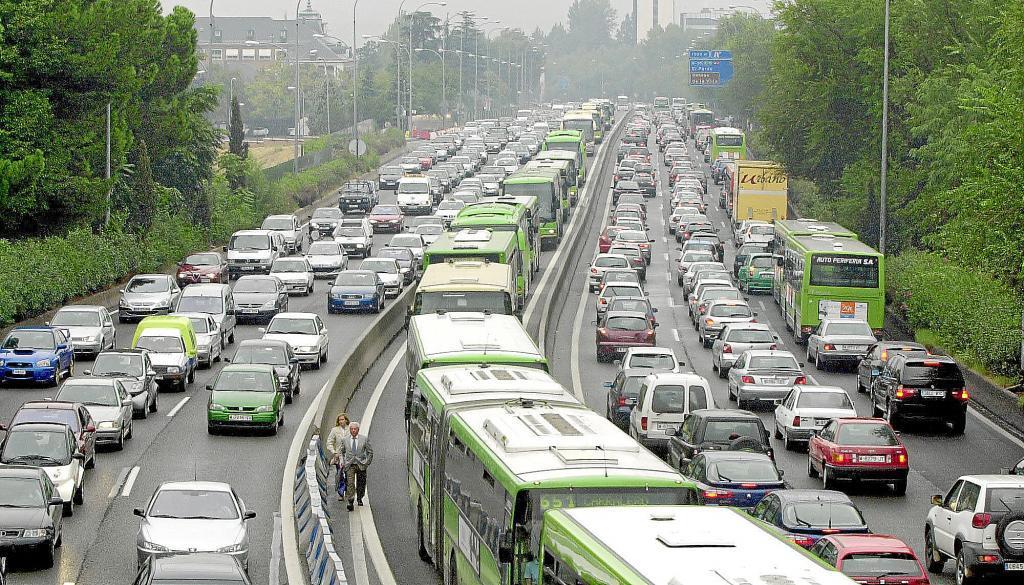Figures from the Balearic Statistics Institute reveal that for the first time last year there were over one million vehicles registered in the Balearics. There were 1,001,842 in 2017. By way of comparison, in 2007 there were 878,607.
Of the one million plus, 385,579 (almost 40%) were diesel. The number is significant insofar as diesel vehicles are the first on the government's list for eventual elimination as it sets out on its target for there to be nothing but electric vehicles by 2050. The initial milestone in respect of this plan is 2025, when no new diesel vehicles can be introduced to the islands; it will still be possible to use those which are already on the islands.
There has, however, been a reduction in the number of diesel vehicles. In 2007, 52% of new vehicles that were registered were diesel. This was down to just under 42% last year - 29,005 out of a total of 69,722 registrations. In 2016 there were 65,649 registrations in all, of which 31,567 were diesel.
The decline in these registrations mirrors what has been happening across Europe: there was an eight per cent drop in diesel vehicle registrations last year.
Diesel's decreasing popularity is barely having any impact on electric vehicles, albeit there was an increase of 82% in the number registered last year: but there were only 253. The number of hybrids went up by 78% to 1,336.
- The number of diesel cars last year was 260,065. By contrast, there were 447,975 petrol cars.
- The majority of coaches and buses registered in the Balearics in 2017 were diesel - 2,639. The government's 2025 milestone doesn't affect buses.
- Motorcycles have increased by 36% over the past ten years; there were 134,984 last year.


No comments
To be able to write a comment, you have to be registered and logged in
Currently there are no comments.